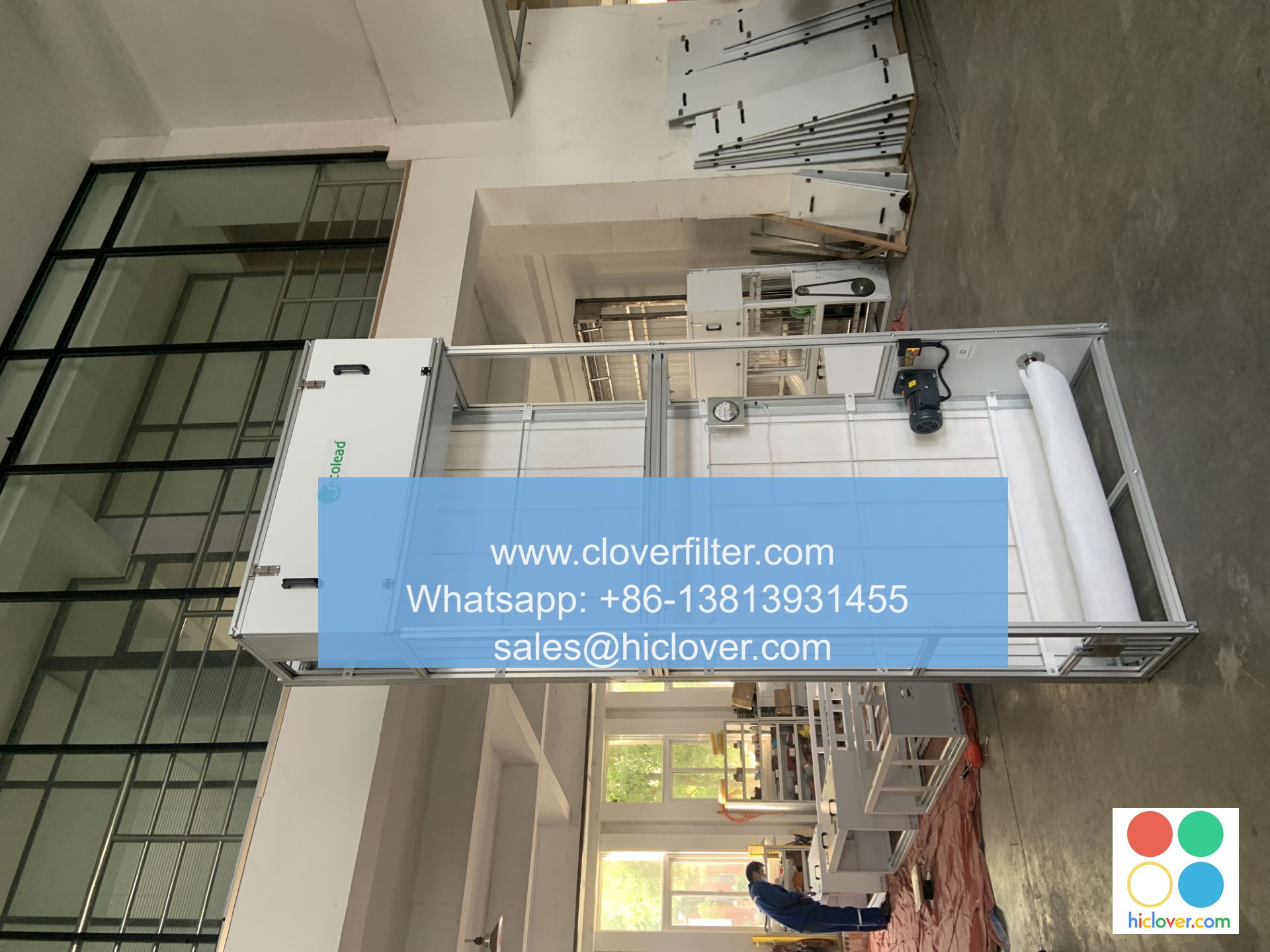Understanding Air Filter Parts MIEC Ratings

Introduction to MIEC Ratings
Air filter parts play a crucial role in maintaining indoor air quality, and one of the key factors to consider when selecting an air filter is its MIEC (Minimum Efficiency Reporting Value) rating. The MIEC rating is a measure of an air filter’s ability to capture particles of different sizes, and it is an essential parameter to understand when choosing an air filter for various application areas, including industrial air filtration, commercial HVAC systems, and residential air purification systems.
What is MIEC Rating?
The MIEC rating is a standardized testing protocol that evaluates an air filter’s efficiency in capturing particles ranging from 0.3 to 10 microns in size. The rating is based on a scale of 1 to 20, with higher ratings indicating better filtration performance. The MIEC rating takes into account the air filter’s ability to capture particles of different sizes, including PM2.5, PM10, and other particulate matter.
Understanding MIEC Rating Categories
The MIEC rating categories are divided into several ranges, including:
- MIEC 1-4: Basic filters with low efficiency, suitable for simple air filtration applications
- MIEC 5-8: Mid-range filters with moderate efficiency, suitable for commercial air filtration systems
- MIEC 9-12: High-efficiency filters, suitable for industrial air filtration applications and hospital air quality systems
- MIEC 13-16: High-performance filters, suitable for pharmaceutical air filtration and cleanroom applications
- MIEC 17-20: Ultra-high-efficiency filters, suitable for critical air filtration applications, such as nanotechnology and biotechnology
Importance of MIEC Ratings in Various Application Areas
Understanding MIEC ratings is crucial in various application areas, including:
- Indoor air quality improvement: High MIEC ratings ensure effective removal of particulate matter, pollen, and other indoor air pollutants
- Industrial air filtration: High-efficiency filters with high MIEC ratings are essential for process control and product quality in industries such as pharmaceuticals, food processing, and electronics manufacturing
- Commercial HVAC systems: Mid-range to high-efficiency filters with suitable MIEC ratings are necessary for energy efficiency and indoor air quality in commercial buildings
- Residential air purification systems: Basic to mid-range filters with suitable MIEC ratings are sufficient for home air filtration and indoor air quality improvement
- Creative Writing Ideas: Perhaps you’re seeking inspiration for a story, poem, or another form of creative writing?
- Conversation Starters: You might be looking for interesting topics to discuss or questions to ask in a conversation?
- Information on a Specific Topic: Maybe there’s a particular subject you’re interested in learning more about, such as science, history, culture, etc.?
- Jokes or Humor: You could be in the mood for something light-hearted like jokes, puns, or funny stories?
- Brain Teasers or Puzzles: Alternatively, you might enjoy solving riddles, logical puzzles, or brain teasers?
Conclusion
In conclusion, understanding air filter parts MIEC ratings is essential for selecting the right air filter for various application areas. By considering the MIEC rating, air filter efficiency, and particle size, individuals can choose the most suitable air filter for their specific needs, ensuring improved indoor air quality, energy efficiency, and process control. Whether it’s for industrial air filtration, commercial HVAC systems, or residential air purification systems, selecting the right air filter with the appropriate MIEC rating is crucial for optimal performance and indoor air quality.
It seems like you’re ready to explore a prompt, but you haven’t specified what kind of prompt or information you’re looking for. Could you please provide more details or clarify your request? Are you looking for:
Let me know how I can assist you further!

